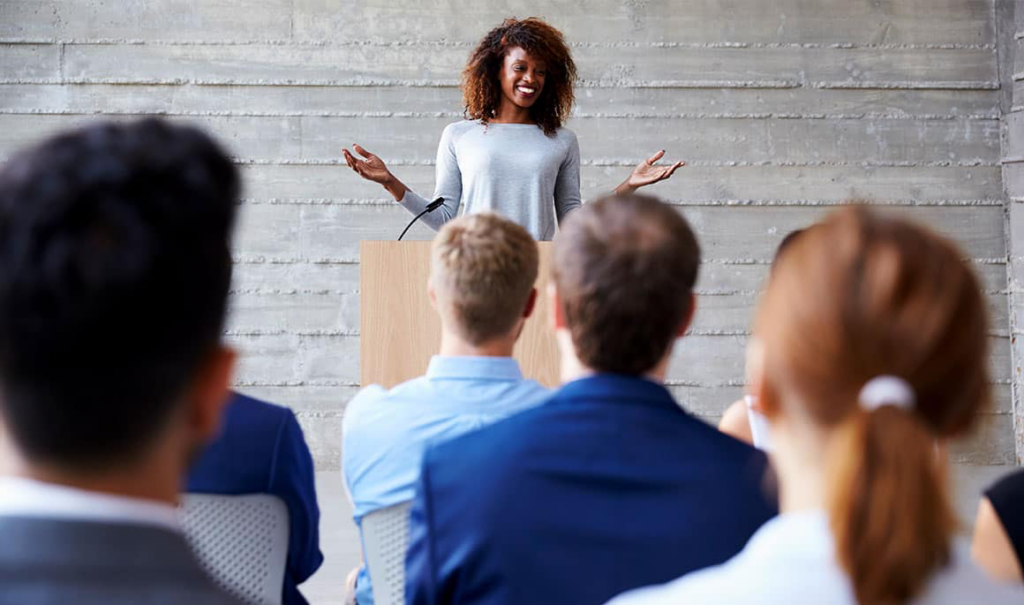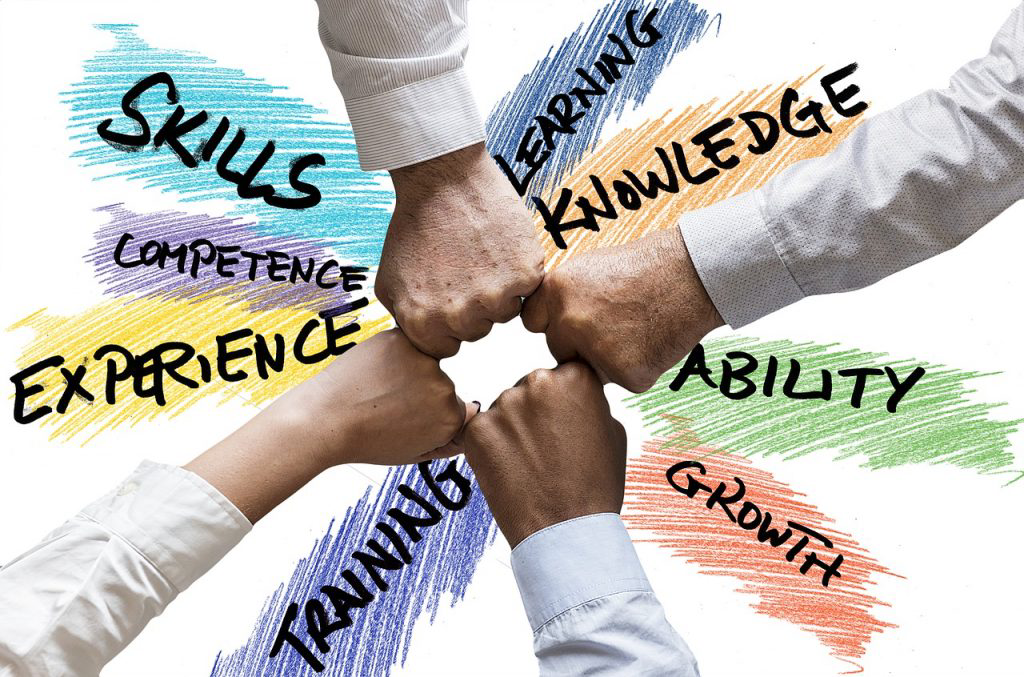Social skills are essential for building relationships, advancing in your career, and feeling comfortable in various social settings. However, for many people, interacting with others can feel intimidating. The good news is that social skills can be learned and improved with practice. By taking small steps, you can become more confident and comfortable in group settings. In this article, we will explore practical strategies to improve your social skills and boost your confidence.

Understand the Importance of Social Skills
First and foremost, recognizing the value of social skills can help you stay motivated to improve them. Strong social skills allow you to communicate effectively, resolve conflicts, and foster meaningful connections. Furthermore, they can boost your self-esteem and make social interactions more enjoyable. With this in mind, let’s dive into ways to enhance your social skills.
Start with Small Interactions
If large groups make you nervous, begin with small interactions. For instance, practice greeting colleagues or engaging in brief conversations with acquaintances. Over time, these small interactions will help you build confidence and prepare you for more complex social situations. Additionally, making eye contact and smiling can create a positive impression and make conversations feel more natural.
Develop Active Listening Skills
Being a good listener is just as important as being a good speaker. To improve your listening skills, focus on what the other person is saying rather than thinking about what you will say next. Moreover, nodding, maintaining eye contact, and responding with relevant questions or comments show that you are engaged in the conversation. As a result, people will appreciate your attentiveness and feel more comfortable around you.
Practice Open Body Language
Your body language speaks volumes about your confidence and approachability. Therefore, stand up straight, keep your arms relaxed, and maintain an open posture. Avoid crossing your arms, as this may make you appear closed off or uninterested. By using positive body language, you will come across as friendly and approachable, making social interactions smoother.
Improve Your Conversation Skills
Having interesting conversations can make socializing more enjoyable. To develop this skill, stay informed about current events, hobbies, and general topics of interest. This way, you will always have something to talk about. In addition, asking open-ended questions encourages deeper conversations and helps build connections. For example, instead of asking, “Did you like the event?” try asking, “What was your favorite part of the event?”
Overcome Social Anxiety
If social anxiety is holding you back, take steps to manage it. Practicing relaxation techniques, such as deep breathing or visualization, can help you stay calm in social settings. Likewise, exposing yourself to social situations gradually can reduce anxiety over time. Remember, it is okay to feel nervous; the key is to keep pushing yourself forward despite those feelings.
Join Social Groups or Clubs
One effective way to enhance social skills is to join groups or clubs that align with your interests. Whether it is a book club, a sports team, or a volunteer organization, participating in group activities provides opportunities to meet new people in a structured setting. Additionally, engaging in shared interests can make conversations feel more natural and less forced.
Learn from Socially Confident People
Observing and learning from socially confident individuals can be beneficial. Pay attention to how they initiate conversations, maintain eye contact, and use body language. You can also practice modeling their behavior in your own interactions. Furthermore, do not hesitate to ask for advice from friends or mentors who excel in social settings.
Be Yourself
Authenticity is key to forming genuine connections. Trying to be someone you are not can come across as insincere and may make interactions feel uncomfortable. Instead, embrace your personality and focus on being the best version of yourself. People appreciate sincerity and are more likely to connect with you when you are genuine.

Accept and Learn from Mistakes
Social interactions do not always go perfectly, and that is completely normal. Rather than dwelling on awkward moments or mistakes, view them as learning experiences. Each conversation is an opportunity to improve. By reflecting on past interactions, you can identify areas for growth and work on them in future situations.
Keep Practicing
Finally, social skills improve with practice. The more you engage in social interactions, the more comfortable and confident you will become. Although progress may be gradual, every effort you make brings you closer to your goal.
Conclusion
Improving social skills and gaining confidence in group settings is an ongoing process, but with dedication and practice, it is achievable. By starting with small interactions, developing active listening skills, and maintaining open body language, you can make socializing more enjoyable. Additionally, overcoming social anxiety, joining social groups, and learning from confident individuals can further enhance your abilities. Most importantly, be yourself and embrace the journey of self-improvement. With time, you will find yourself feeling more confident and at ease in any social situation.
